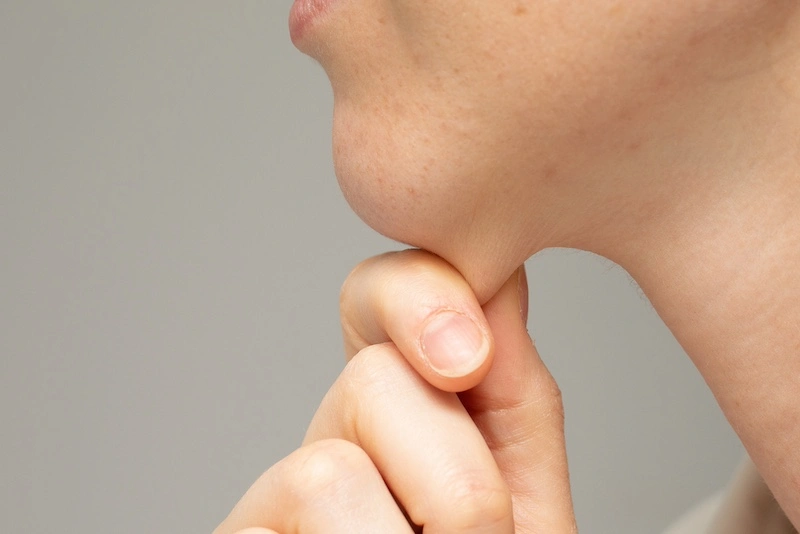Leaving body dysmorphic disorder untreated can have far-reaching consequences on an individual’s emotional well-being, social relationships, and daily functioning. The constant preoccupation with perceived flaws can fuel intense feelings of anxiety, shame, and self-loathing, leading to a vicious cycle of negative self-talk and destructive behaviors.
Body Dysmorphic Disorder Treatment
Body dysmorphic disorder (BDD) is a mental health condition characterized by a preoccupation with one or more perceived defects or flaws in physical appearance, which are often unnoticeable or appear slight to others. This preoccupation can lead to significant distress, impairment in daily functioning, and a consuming obsession with appearance. The overarching goal of treatment is to help individuals with BDD develop a more balanced and accepting view of their appearance, reduce the impact of intrusive thoughts and compulsive behaviors, and improve their overall quality of life.
Schedule an AppointmentThe Pervasive Impact of Untreated BDD
The impact of untreated BDD extends beyond the individual, often straining relationships with family, friends, and romantic partners. The fear of judgment and rejection can lead to social isolation, avoidance of intimacy, and difficulty maintaining employment or academic pursuits. In severe cases, untreated BDD may even lead to suicidal thoughts or attempts, underscoring the critical importance of seeking professional help.


The Challenges of Managing BDD Alone
Attempting to manage body dysmorphic disorder without professional support can be an uphill battle. The intrusive thoughts and compulsive behaviors associated with BDD can feel all-consuming, making it difficult for individuals to break free from the cycle of negative self-perception. The shame and secrecy surrounding the disorder may also prevent individuals from reaching out for help, further perpetuating their distress.
The primary objectives of body dysmorphic disorder treatment are to help individuals challenge and reframe their distorted beliefs about their appearance, develop healthier coping strategies, and improve their overall self-esteem and quality of life. Treatment also aims to address any co-occurring mental health conditions, such as depression or anxiety disorders, which can exacerbate the symptoms of BDD.
A Multidisciplinary Approach to Body Dysmorphic Disorder Treatment
Effective treatment for body dysmorphic disorder requires a multidisciplinary approach, combining evidence-based therapies and supportive interventions to address the complex nature of the condition. CBT is a core component of BDD treatment, helping individuals identify and challenge the distorted thoughts and beliefs that fuel their preoccupation with perceived flaws.
In some cases, medication such as selective serotonin reuptake inhibitors (SSRIs) may be prescribed to help alleviate the symptoms of BDD, particularly when co-occurring depression or anxiety disorders are present. Medication should always be used in conjunction with psychotherapy and under the close supervision of a qualified psychiatrist.


The Transformative Power of Professional Help
Seeking professional help for body dysmorphic disorder can be a life-changing decision, opening the door to recovery, personal growth, and renewed self-discovery. With the guidance and support of a compassionate treatment team, individuals with BDD can begin to unravel the complex web of negative thoughts and behaviors that have held them captive, gradually replacing them with a more balanced and accepting self-image.
As they learn to embrace their unique qualities and focus on their inherent worth, individuals with BDD can experience profound improvements in their relationships, work performance, and overall sense of fulfillment.
